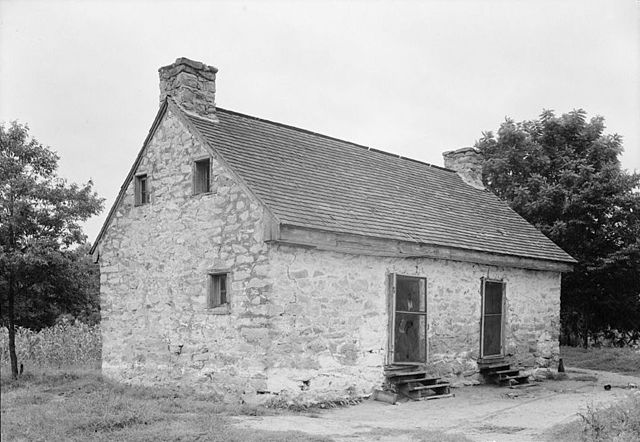
ADVERTISEMENT - CONTINUE READING BELOW
10. Slaves received two meals per day
Upon arising in the predawn hours, enslaved people in Virginia ate a meager breakfast, usually hoecakes or spoon pudding, a form of cornmeal mush. During the summer months, a fire in their one room cabins was unwelcome, and breakfast usually taken cold started their day. Daylight comes early during the Virginia summer, and their second meal did not come until early-to-mid afternoon. Many carried with them part of their breakfast ration with them to work. If a moment occurred when they were free from the scrutiny of their supervisor or overseer, they ate it. Their dinner usually included their meat for the day, salt pork, or salted fish, or perhaps even salt beef. Fresh meat was unavailable except on holidays, never in the fields or shops. In summer months they then continued to labor at their assigned tasks until well after 8 PM, before trudging back to their cabins.
There, they could have supper, usually of fish or game they caught themselves, and the produce of the small gardens they were allowed to maintain. During workdays, water was the only beverage provided. After work, on some plantations, they could partake of cider they purchased with the proceeds from the sale of their vegetables or the incentives received from their owners. On most of the Virginia plantations, the possession of alcohol by enslaved people was a punishable offense. Punishments were decided by the overseer, though some owners did not allow corporal punishment without their approval. Some slaveholders took a more liberal view, tolerating alcohol among the slaves, but punishing drunken behavior, or for accidents contributed to by alcohol. By the 1790s, slaves in Virginia were producing alcohol on several plantations, including George Washington’s Mount Vernon.

